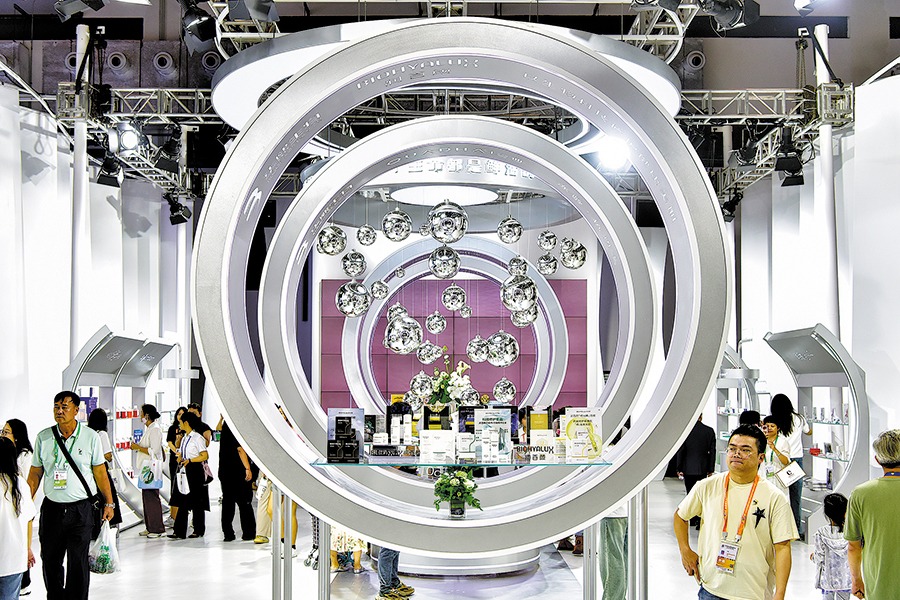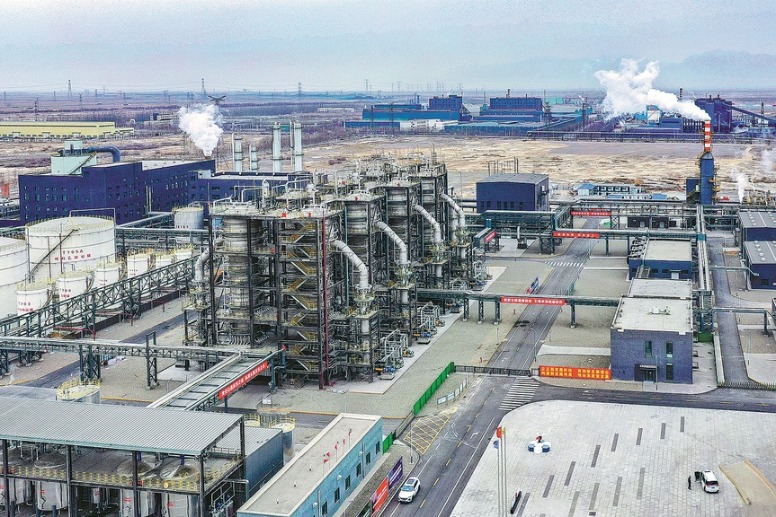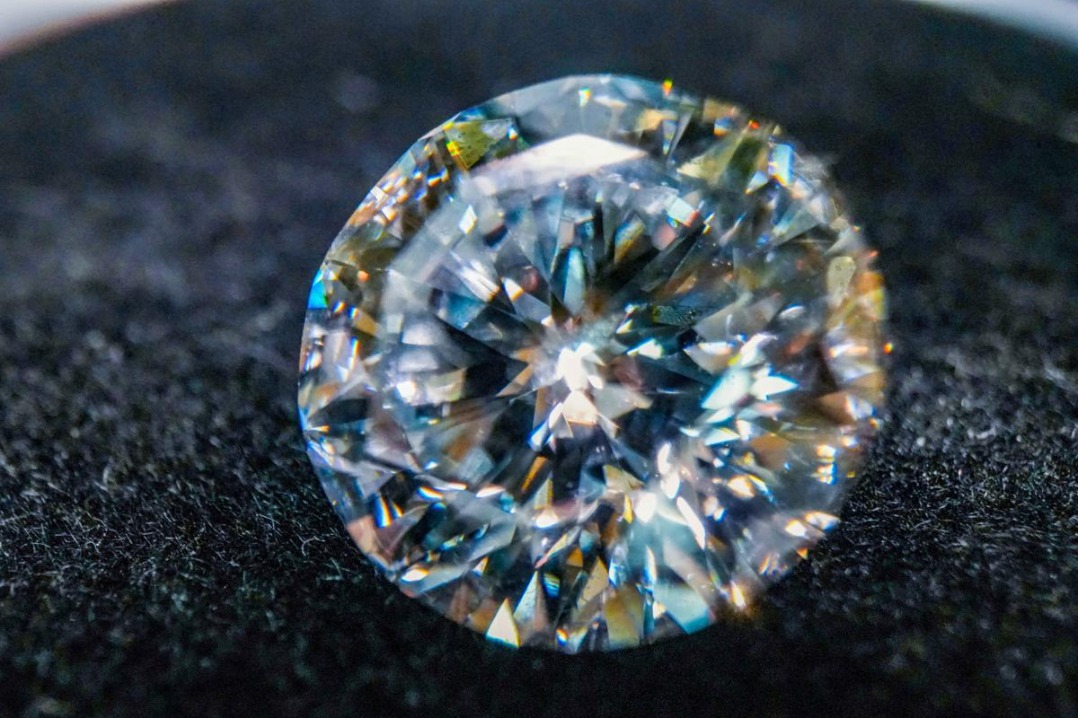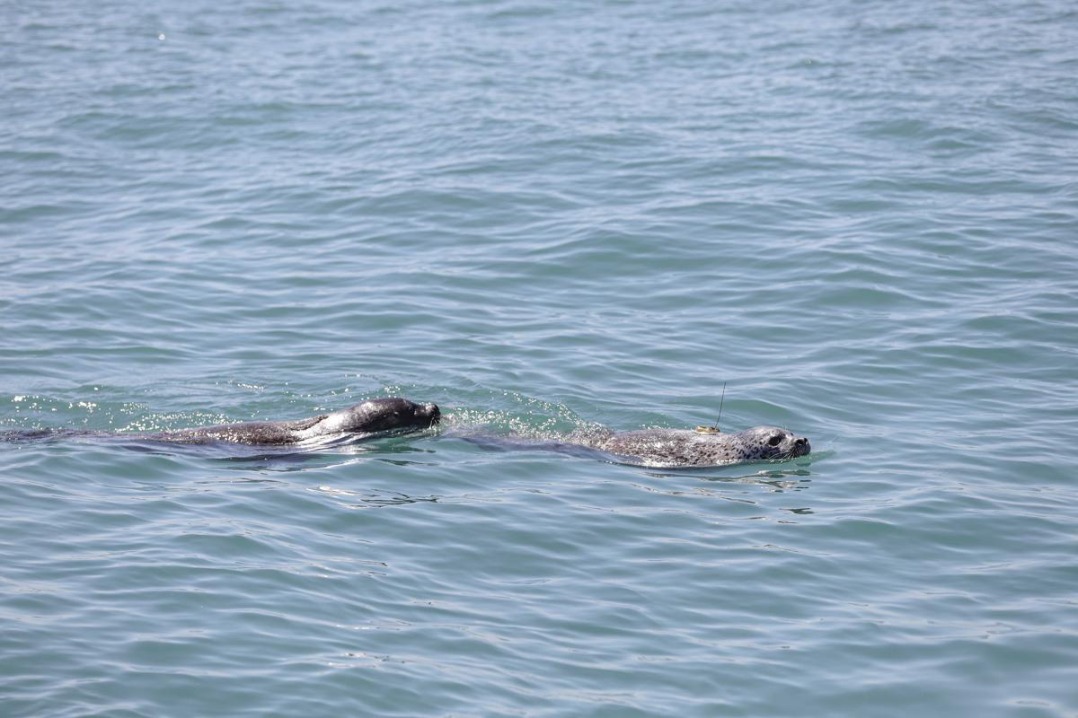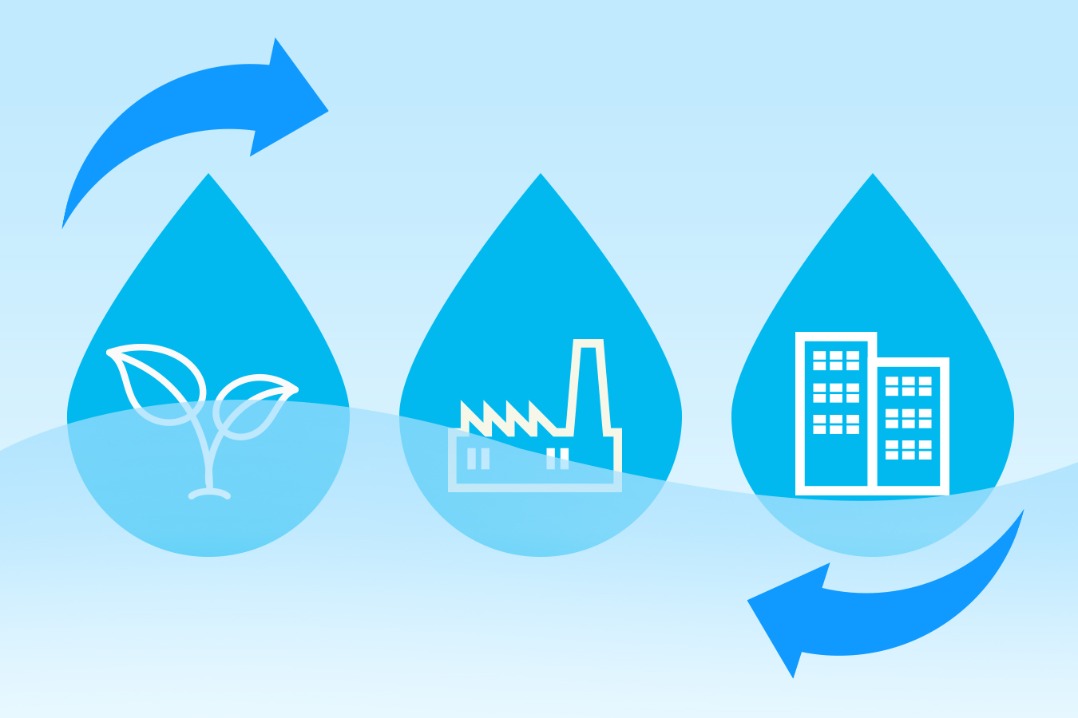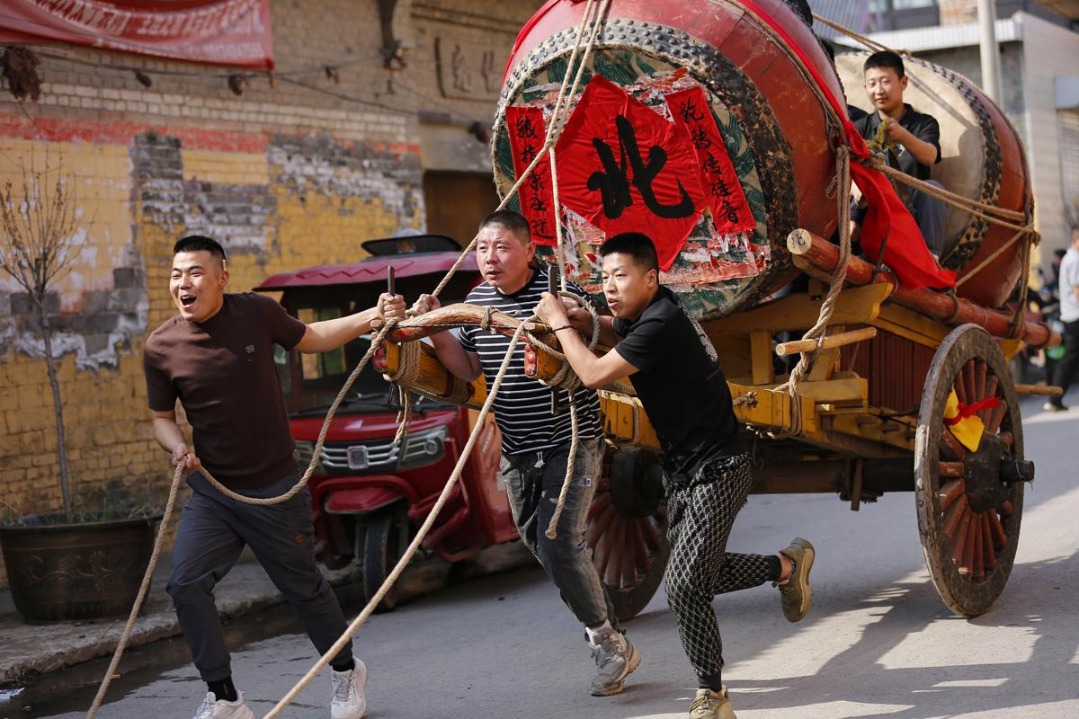18 detained over sales of purported cancer cure

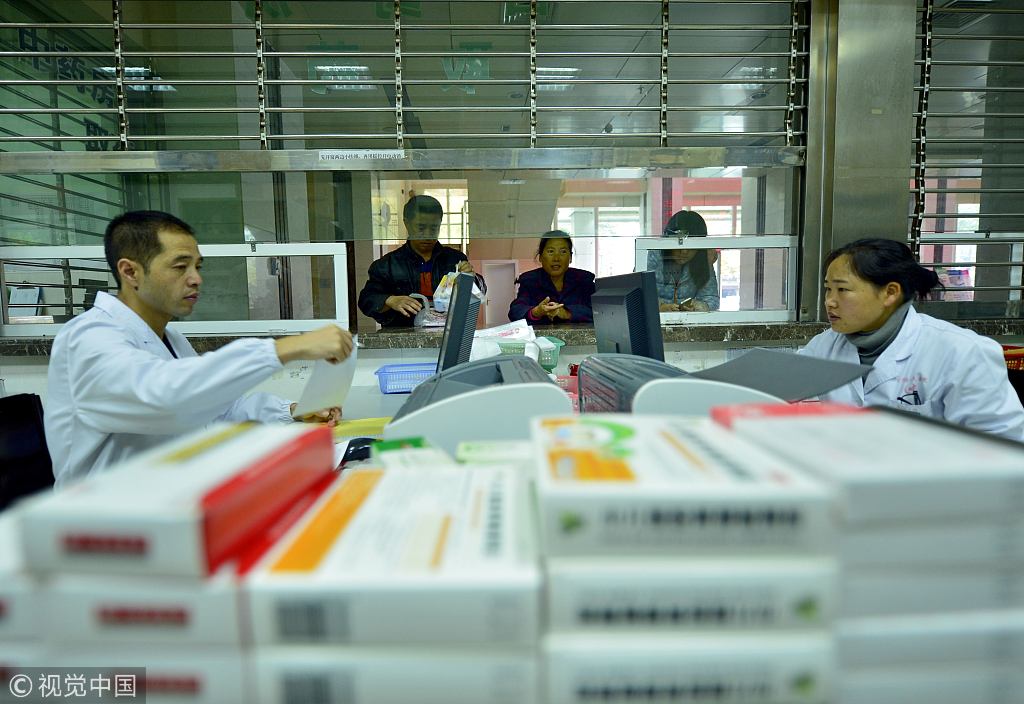
Eighteen suspects had been detained as of Monday in connection with an alleged pyramid scheme and false advertising of a purported anti-cancer drug, investigators said.
The suspects include Shu Yuhui, chairman and founder of Tianjin-based drugmaker Quanjian Nature Medicine Technology Development Co.
Zhou Erli, whose daughter died of cancer after taking medicine supplied by Quanjian, told thepaper.cn that he was thrilled to hear the news.
The case first drew public attention on Dec 25, when a healthcare information sharing platform, Dingxiang Doctor, claimed in an article that the company made huge profits by misleading consumers.
The article cited Zhou, who said his 7-year-old daughter, Zhou Yang, died in December 2015, after taking medicine from Quanjian that claimed to have an anti-cancer effect.
After its publication, a joint team from the Tianjin Administration for Market Regulation and the Tianjin Health Commission began investigating the company for exaggerated advertising.
On Jan 1, public security authorities stepped in to continue the investigation. The company was suspected of engaging in a pyramid scheme and false advertising. One day later, the team launched an investigation into a man surnamed Zhu, who was suspected of illegally practicing medicine at Quanjian (Tianjin) Tumor Hospital.
Zhou, the father of the girl who died, lost his first lawsuit against the company at a court in Chifeng, Inner Mongolia autonomous region, in April 2015. The court dismissed his claim for lack of evidence that the company misled the family over the potency of its anti-cancer treatment.
Yang was 4 years old when she was diagnosed with malignant germ cell tumors in 2012. She had shown signs of improvement following surgery and chemotherapy at Beijing Children's Hospital, her father said.
After the family was persuaded to try Quanjian's treatment for their daughter, Yang stopped chemotherapy. However, doctors found that her situation had worsened after three months. She was sent back to the hospital in March 2013 to restart chemotherapy, and by May 2013 she was in intensive care.
Zhou said he was surprised to find online ads falsely claiming that Quanjian's drugs had cured his daughter.
Tianjin authorities have since initiated a campaign to crack down on irregularities in the healthcare market. Law enforcement staff have dealt with 54 illegal business units or sites, among which 40 enterprises were suspected of selling and falsely promoting products, and 11 enterprises engaged in fraudulent and false advertising were banned. More than 41,000 boxes of illegal products were seized.
Yang Zekun contributed to this story.
















